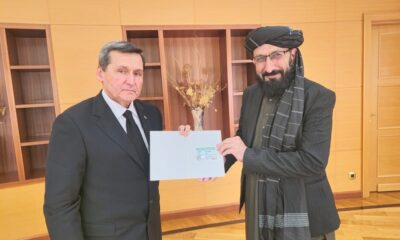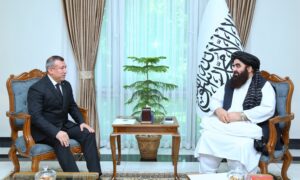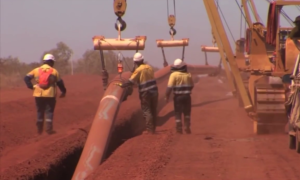Latest News
Top U.N. officials seek to ‘water down’ bans on women in Afghanistan

The United Nations is pushing the Islamic Emirate of Afghanistan (IEA) administration for more exemptions to its ban on most female aid workers, top U.N. officials said on Wednesday, while also expressing concern that foreign women working for international organizations and embassies could next be targeted.
Speaking to Reuters during a visit to Kabul, U.N. aid chief Martin Griffiths said that his message during meetings with Taliban officials had been: “If you can’t help us rescind the ban, give us the exemptions to allow women to operate.”
Last month, the IEA – who seized power in August 2021 – banned most female aid workers and stopped women from attending university after stopping girls from attending high school in March. Griffiths traveled to Afghanistan after a visit last week by U.N. Deputy Secretary-General Amina Mohammed.
Griffiths said some exemptions to the female aid worker ban had been granted in health and education and that there were indications there could be a possible exemption in agriculture. But he said much more was needed, with nutrition and water and sanitation services a priority to prevent severe illnesses and malnutrition during a severe humanitarian crisis in Afghanistan, Reuters reported.
“We have not seen the history of the Taliban (IEA) reversing any edict. What we have seen is exemptions that, hopefully, if we keep pushing them, they will water down those edicts to a point where we will get women and girls back into school and into the workplace,” Mohammed told reporters in New York on Wednesday.
Griffiths told Reuters that, following his recent discussions with the IEA, he was hopeful they would create a set of written guidelines to allow aid groups to operate with female staff in more areas with certainty in coming weeks.
“The next few weeks are absolutely crucial to see if the humanitarian community … can stay and deliver,” he said, while cautioning: “I don’t want to speculate as to whether we’re going to come out of this in the right place.”
The IEA did not immediately respond to a request for comment on its plans over guidelines.
During her visit last week, Mohammed met with the Shura – the leadership council that issues the bans – in the southern Taliban heartland of Kandahar. She said there is a concern that they may next prohibit “international women from international organizations and embassies.”
“It hasn’t happened so far,” said Mohammed, adding that they had been expecting a possible announcement all month. “I don’t say that it won’t, but clearly the pressure that we’re putting on has stopped that rollback as quickly.”
Griffiths said the United Nations would continue operating in Afghanistan wherever it could, but there was a concern that international donors might not want to commit to the huge financial cost of aid at around $4.6 billion a year.
“I lose sleep about this, I really do,” Griffiths said, adding that he would meet with donors in coming weeks to make the case for why Afghanistan needed help during an intense humanitarian crisis in which 28 million people were in need of aid, including 6 million on the brink of famine.
Latest News
Turkmenistan’s foreign minister accepts IEA envoy
Meredov said at a ceremony on the occasion that Turkmenistan and Afghanistan are planning to implement major projects, so it is necessary to increase the level of diplomatic relations.
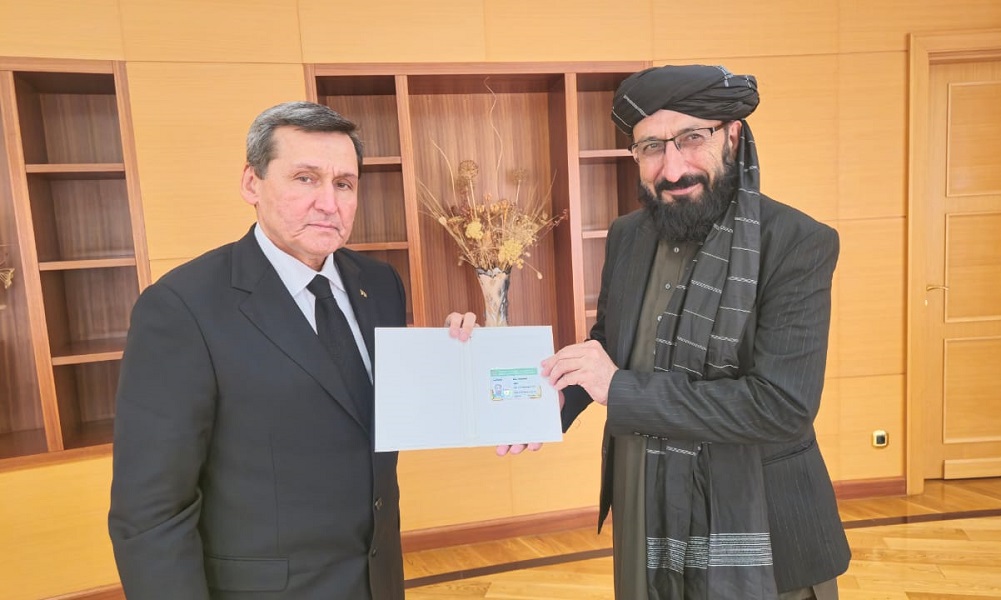
Rashid Meredov, Deputy Chairman of the Council of Ministers and Minister of Foreign Affairs of Turkmenistan, has accepted Fazl Mohammad Sabir as the Charge d’Affaires of the Embassy of Islamic Emirate of Afghanistan (IEA) in Ashgabat.
According to a statement from the Ministry of Foreign Affairs of Afghanistan, Meredov said at a ceremony on the occasion that Turkmenistan and Afghanistan are planning to implement major projects, so it is necessary to increase the level of diplomatic relations.
He expressed hope that with the joint diplomatic efforts of the two countries, the practical work of the TAPI gas pipeline, TAPI power transmission and railway between Torghundi and Herat will begin soon.
The Islamic Emirate took control of Afghanistan in August 2021, but no country has recognized it as a government.
But some countries in the region have established closer relations with the Islamic Emirate than others.
In December last year, Chinese President Xi Jinping accepted Asadullah Bilal Karimi’s credentials as Afghanistan’s ambassador to Beijing.
Related stories:
China’s president accepts credentials for Afghanistan’s envoy to Beijing
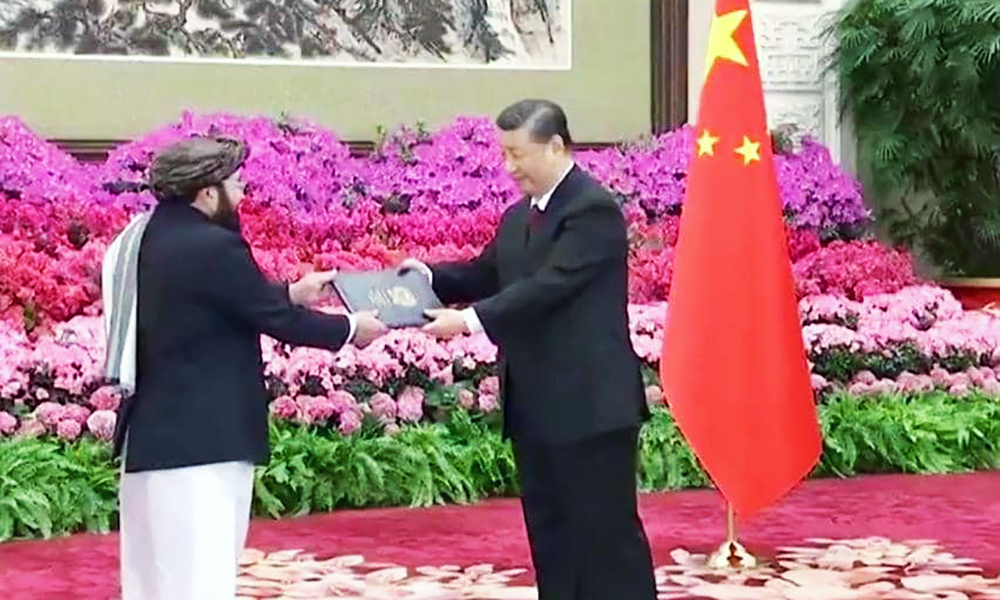
Russia continues to work on removing IEA from list of banned groups: Kabulov
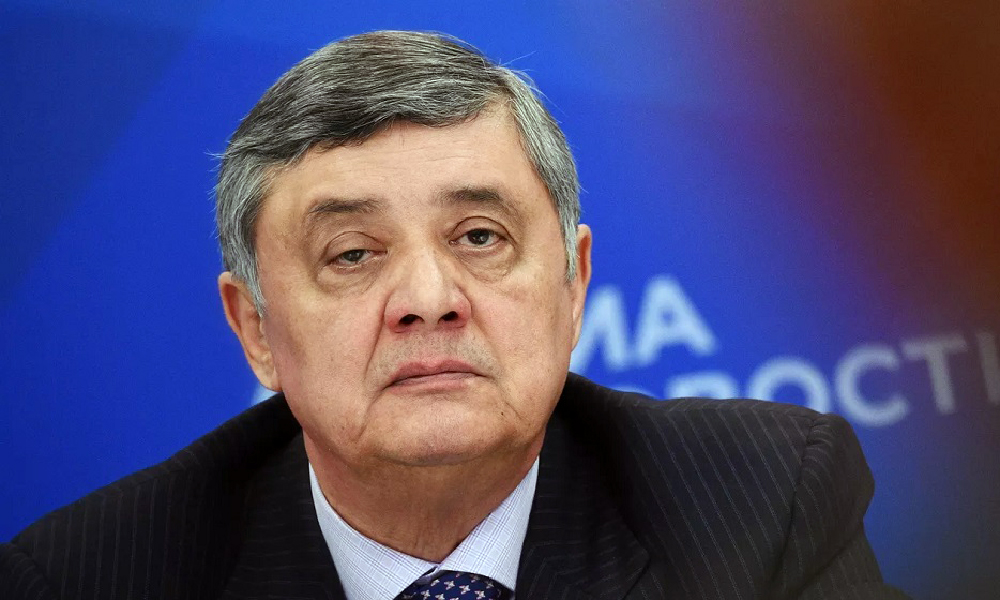
Latest News
US Congress to hold meeting to review situation of Afghan women

The U.S. Congressional Human Rights Commission said in a statement it will hold a meeting on Tuesday this week to review the situation of Afghan women.
This meeting will be held on Tuesday next week with the presence of Rina Amiri, the US special representative for Afghan women’s affairs, Heather Barr, director of the Women’s Rights Division at Human Rights Watch and a number of other Afghan women.
Based on the statement of the commission, the participants of this meeting will review the human rights issues including the situation of women and girls in Afghanistan and provide recommendations for the action of the US Congress.
“Since August 2021, the situation of Afghan women and girls has significantly worsened. A growing list of severe restrictions imposed by the Taliban has severely reduced women’s ability to participate in public life,” the statement read.
This commission also pointed to the prohibition of women from work and denial of access to education, adding that the control over women’s private lives has increased.
Meanwhile, the Islamic Emirate has always rejected concerns about the violation of women’s rights in Afghanistan and emphasized that it is committed to respecting women’s rights in accordance with Islamic Sharia.
Latest News
Pakistan and Turkmenistan agree to fast-track gas pipeline project involving Afghanistan and India
The Turkmenistan-Afghanistan-Pakistan-India (TAPI) pipeline will originate from Galkynysh, the world’s second-biggest gas field, and end at the Indian city of Fazilka near the Pakistan border.
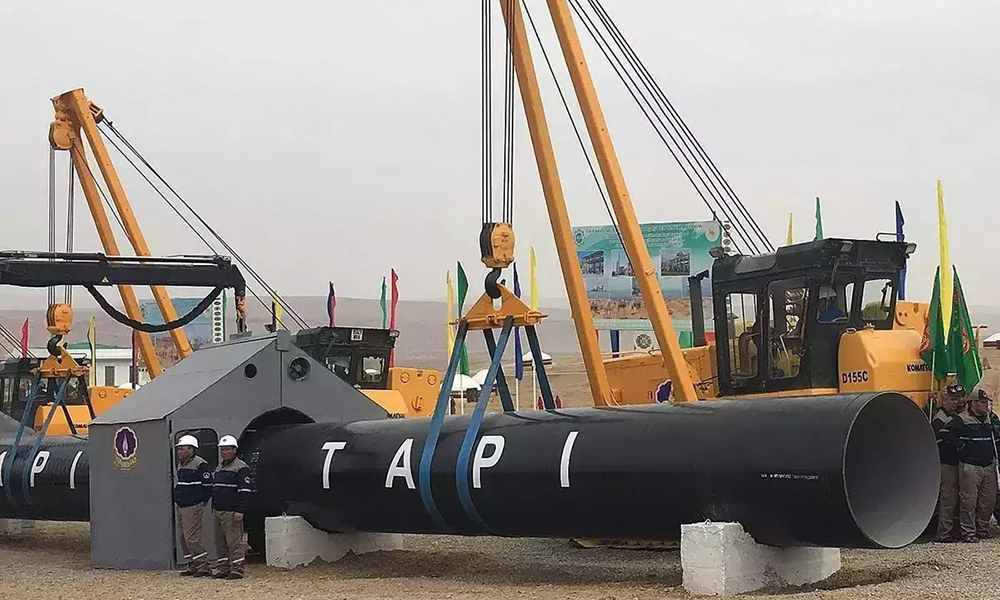
Pakistan and Turkmenistan agreed on Wednesday to fast-track a major pipeline project that will allow the Central Asian state to supply natural gas to Pakistan and India via Afghanistan, thereby enhancing economic activity across the region and benefiting all involved countries.
The understanding between the two states was reached during a meeting between Federal Minister for Petroleum Dr. Musadik Malik and Turkmenistan’s Foreign Affairs Rasit Meredow who arrived on a two-day visit to Islamabad on Tuesday.
The Turkmenistan-Afghanistan-Pakistan-India (TAPI) pipeline will originate from Galkynysh, the world’s second-biggest gas field, and end at the Indian city of Fazilka near the Pakistan border.
If the project is implemented, it will help Turkmenistan supply about 33 billion cubic meters (bcm) of natural gas each year along a route covering a distance of over 1,800 kilometers.
According to an official statement released by the Ministry of Energy’s Petroleum Division, Pakistan and Turkmenistan are working to “expedite” the pipeline project.
“TAPI pipeline project will lower energy costs, which can boost industrial growth, create jobs and foster economic development,” it quoted Pakistan’s petroleum minister as saying during the meeting. “Reliable and affordable energy supplies are vital for industrial sectors and overall economic stability.”
“This project, aimed at fostering economic integration and energy security, has witnessed substantial progress through collaborative efforts,” he continued, stressing the importance of continued engagement between the two countries.
Malik added Pakistan was fully committed to the project which was vital for regional energy cooperation and infrastructure development.
The visiting dignitary expressed appreciation for the warm welcome extended to his delegation by the Pakistani authorities.
“Together we will chalk out a roadmap for cooperation between both countries,” he added.
The meeting was also attended by the CEO of TAPI Pipeline Company Limited.
Other participants of the meeting emphasized the project’s strategic importance in enhancing regional connectivity, promoting economic growth and meeting the energy demands of participating nations.
The TAPI project was envisaged in the early 1990s and officially agreed upon in December 2010.
It has primarily been delayed due to security concerns, geopolitical tensions, funding challenges and bureaucratic hurdles.
Related Stories:
Acting FM discusses TAPI project with Turkmenistan’s envoy in Kabul
-

 Sport4 days ago
Sport4 days agoOlympics finally here; What you need to know
-

 Latest News5 days ago
Latest News5 days agoOCHA reports 110 die in landmine explosions in Afghanistan every month
-

 Regional5 days ago
Regional5 days agoChina braces for twin tropical cyclones after deadly flash floods
-

 Health4 days ago
Health4 days agoHealth partners provide services 589,205 people in Afghanistan in last month
-

 Latest News4 days ago
Latest News4 days agoAfghanistan’s Hajj ministry confirms death of 27 pilgrims in Mecca and Medina
-

 Business5 days ago
Business5 days agoConference on Islamic microfinance kicks off in Kabul
-

 Sport4 days ago
Sport4 days agoACB proposes ODI fixtures against top-tiered teams
-
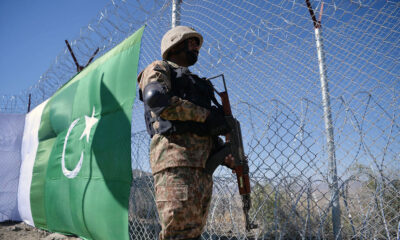
 Latest News4 days ago
Latest News4 days agoIslamabad claims three terrorists killed at Pakistan-Afghanistan border


